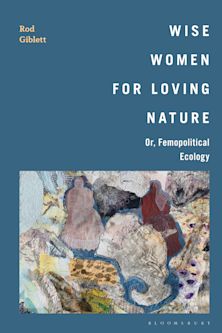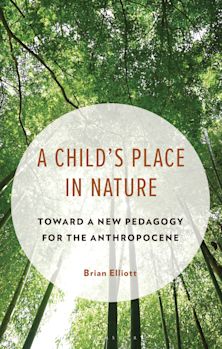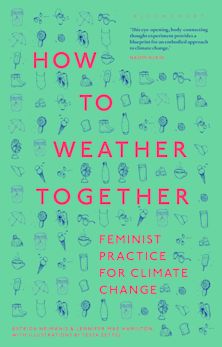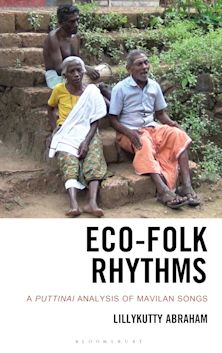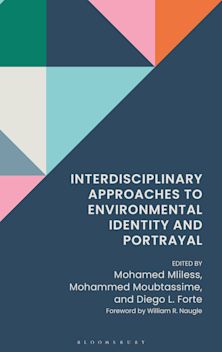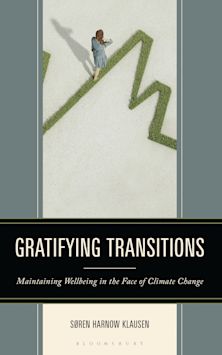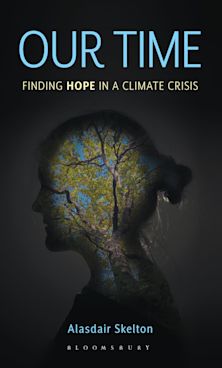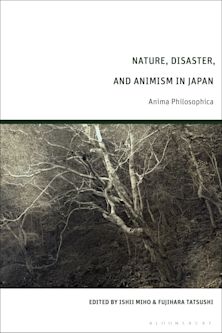Storying Plant Communication
More-than-Human Relationships in New Mexico
Storying Plant Communication
More-than-Human Relationships in New Mexico
This product is usually dispatched within 1 week
- Delivery and returns info
-
Free US delivery on orders $35 or over
Description
Embedded in vibrant and richly textured New Mexican landscapes, Storying Plant Communication: More-than-Human Relationships in New Mexico explores the narrative accounts of southwestern herbalists, healers, teachers, farmers, and other plant enthusiasts who maintain deep and reciprocal relationships with the local flora.
Reflecting on plant relationships, place-making practices, and a breadth of other topics, the storytellers describe their transformative perspectives that frame plants as intelligent, relational, and communicative. The Land of Enchantment is steeped in stories, and narratives captured here show how attitudes and practices related to plants can trouble dominant, often harmful beliefs of human exceptionalism, and gesture toward more ecocentric pathways in an era of environmental uncertainty. Employing auto/ethnographic methods that put storytellers' experiences in conversation with a range of interdisciplinary literature, Thomas and Parks highlight ways in which plant studies offer a rich and timely direction for communication research. Ultimately, the co-authors argue that story-based methodologies offer a fertile starting point for scholars and students in the humanities and social sciences to venture into the realm of plant communication.
Table of Contents
Introduction. Lessons in Cross-Pollination
Chapter 1. World-Makers: A Case for Stories in the Study of Plant Communication
Chapter 2. Storying Place and Plants: Care-Based Practices for Plant Relations-in-Place
Chapter 3. Germination: Cotyledon Kin and Community
Chapter 4. Learning and Teaching with the Plant World
Chapter 5. The Southwest Whispers: Commune and Plant-Talk
Conclusion. Toward Theories of Plant Communication: Notes for Narrating the Future
About the Authors
Product details

| Published | Oct 30 2025 |
|---|---|
| Format | Hardback |
| Edition | 1st |
| Extent | 160 |
| ISBN | 9781666926514 |
| Imprint | Bloomsbury Academic |
| Illustrations | 6 tables |
| Dimensions | 9 x 6 inches |
| Series | Environmental Communication and Nature: Conflict and Ecoculture in the Anthropocene |
| Publisher | Bloomsbury Publishing |
Reviews

ONLINE RESOURCES
Bloomsbury Collections
This book is available on Bloomsbury Collections where your library has access.













